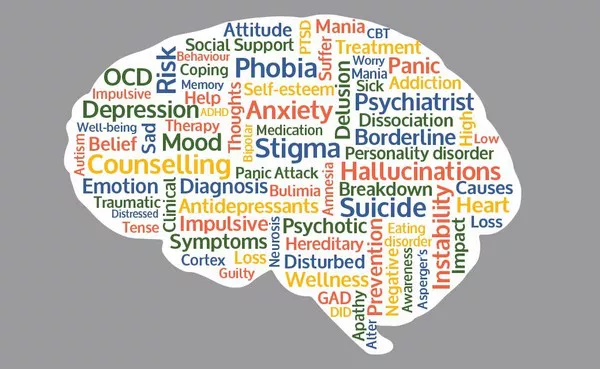A new survey underscores the significant role friendships play in the health and well-being of adults aged 50 and older. The findings, drawn from a national poll, highlight the positive impact close friendships have on older adults’ physical and mental health, while also pointing to challenges faced by those with health issues in maintaining or forming friendships.
According to the University of Michigan’s National Poll on Healthy Aging, 90% of adults aged 50 and older reported having at least one close friend, with 75% saying they have enough close friends. Additionally, 70% of those with close friends felt they could rely on them for support, particularly when discussing health matters.
However, the survey also uncovered a troubling trend: individuals in poorer physical or mental health were more likely to report not having close friends. Among those who rated their mental health as fair or poor, 20% said they had no close friends, compared to 18% of those with fair or poor physical health. Furthermore, 47% of those in this category also indicated they did not have enough close friends. Older adults facing physical or mental health challenges were also more likely to express difficulty in making new friends, compared to their healthier peers.
The study, conducted by the U-M Institute for Healthcare Policy and Innovation (IHPI) and supported by AARP and Michigan Medicine, also explored the importance of social connections for older adults’ well-being. Sarah Patterson, Ph.D., a research assistant professor at the U-M Institute for Social Research and a member of IHPI, emphasized the growing recognition of the link between friendship and health. “With a deeper understanding of the importance of social connection for older adults, it is crucial to explore how friendships can support health and identify those who may benefit from efforts to strengthen social interactions,” Patterson said.
The survey revealed that, in addition to emotional support, many older adults benefit from friends encouraging healthier lifestyles. Of those with close friends, 50% reported that a friend had encouraged them to adopt healthier behaviors, such as improving their diet or increasing physical activity in the past year. Furthermore, 35% said a friend had urged them to seek medical attention for health symptoms, and 32% reported receiving help from a friend during illness or injury.
The survey also noted the positive role friends can play in healthcare. About 15% of respondents with close friends indicated that a friend had accompanied them to a medical appointment. Dr. Jeffrey Kullgren, M.D., M.P.H., M.S., poll director and primary care physician at the VA Ann Arbor Healthcare System, highlighted the importance of healthcare providers considering the social support networks of older adults. “When older adults visit healthcare providers, it’s important to also inquire about their social support, especially for those with serious health conditions,” Kullgren said.
Additional findings revealed that men were more likely than women to report having no close friends, and adults aged 50 to 64 were more likely to report this compared to those aged 65 and older. Those who experienced feelings of isolation or loneliness were also more likely to have no close friends. Interestingly, 46% of older adults with at least one close friend reported having friends from a different generation, either 15 years older or younger.
Despite the benefits of friendships, the survey also found that 28% of older adults with close friends desired more frequent contact. This desire was particularly pronounced among those with fair or poor mental or physical health. Furthermore, 42% of older adults stated that it was more difficult to make new friends as they aged, with 65% of those in poor mental health and 55% of those in poor physical health reporting this challenge. Maintaining friendships was also harder for many older adults, with 34% saying it had become more difficult, a sentiment particularly strong among those with poor mental or physical health.
The findings were based on a nationally representative survey conducted by NORC at the University of Chicago for IHPI in August 2024. A total of 3,486 adults aged 50 and older participated, with a subset of 1,174 Michigan respondents. The survey results were weighted to reflect the U.S. and Michigan populations.
Indira Venkat, Senior Vice President of Research at AARP, emphasized the critical role friendships play in the health of older adults. “This poll underscores how strong social connections encourage healthier choices, provide emotional support, and help older adults navigate health challenges, especially for those at risk of isolation,” Venkat said.
You Might Be Interested In:
-
Zinc Deficiency Is Associated With Increased Risk Of Lung Infections
-
Abnormal Electrolytes In Eating Disorders Are Associated With A Higher Risk Of Death From Any Cause


